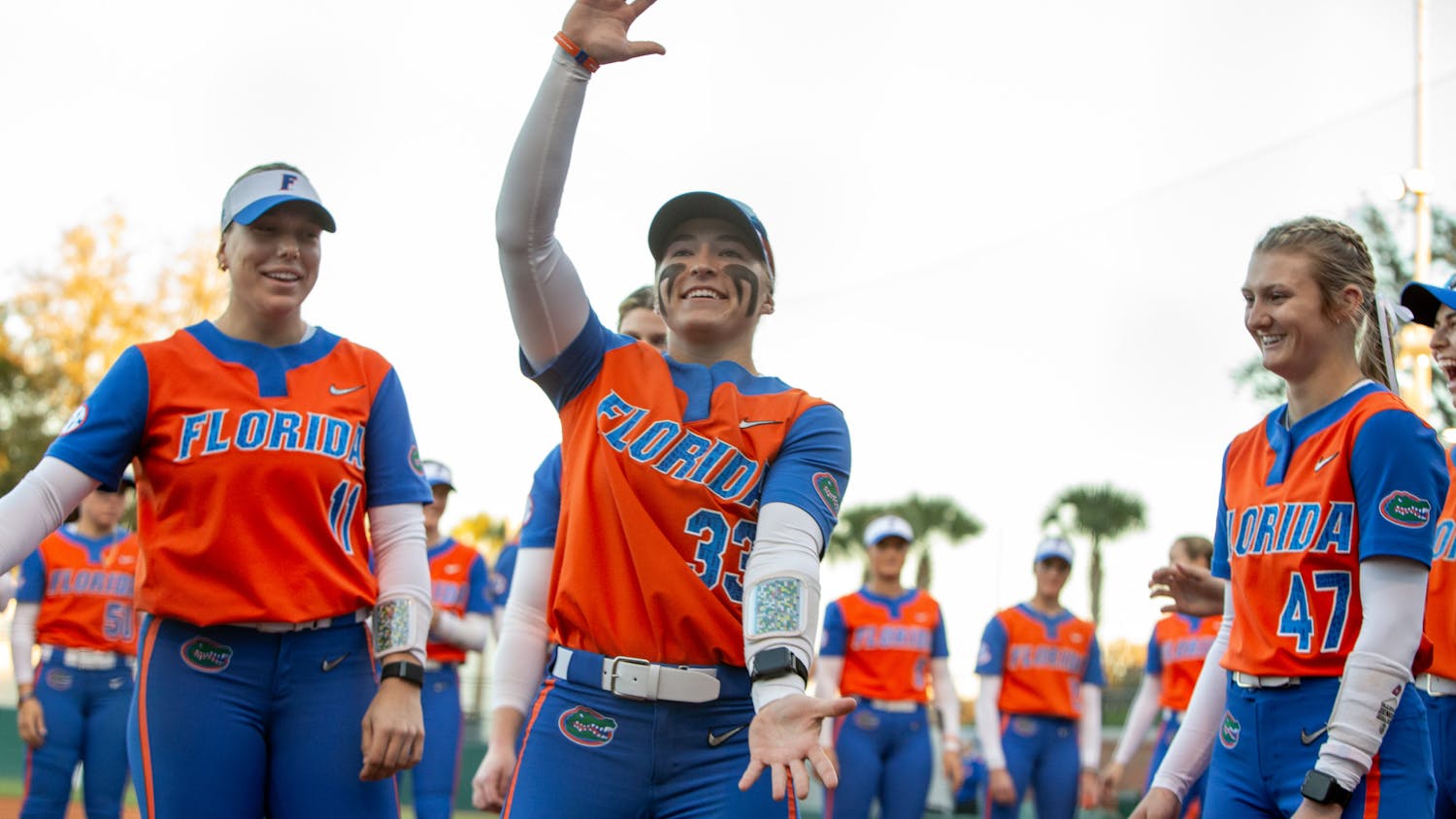The Supreme Court is debating whether to overthrow campaign finance laws that prohibit corporations from spending unlimited amounts of money on political advertisements and endorsements right before an election.
The issue originally came to the court when it was asked to decide whether "Hillary: The Movie," produced by a nonprofit corporation, fell into the category of "electioneering communication." In the rehearing, the broader issue of First Amendment rights for corporations was evoked.
By definition, a corporation is a legally separate entity from those who own or operate it. Limiting the political output of a corporation, then, does not infringe on First Amendment rights to free speech for any individual.
If the Supreme Court overturns laws like the McCain-Feingold Act, it will be akin to letting those with the most money scream the loudest (and last) and have the most pervasive influence on American politics.
Unfortunately, that's pretty much how things are already. Overturning 100 years of campaign finance reform, though, will not do anything to change the fact that the government is overwhelmingly controlled by corporations and the financially elite.
The Roberts court needs to recognize that a corporation is not an individual. It also needs to recognize that many investors in corporations are foreign individuals or entities.
The money funneled by corporations into political action committees is enough. Not to mention that any country that gives a mega-corporation the leverage to potentially destroy any non-allied political candidate is basically the opposite of a democracy.





